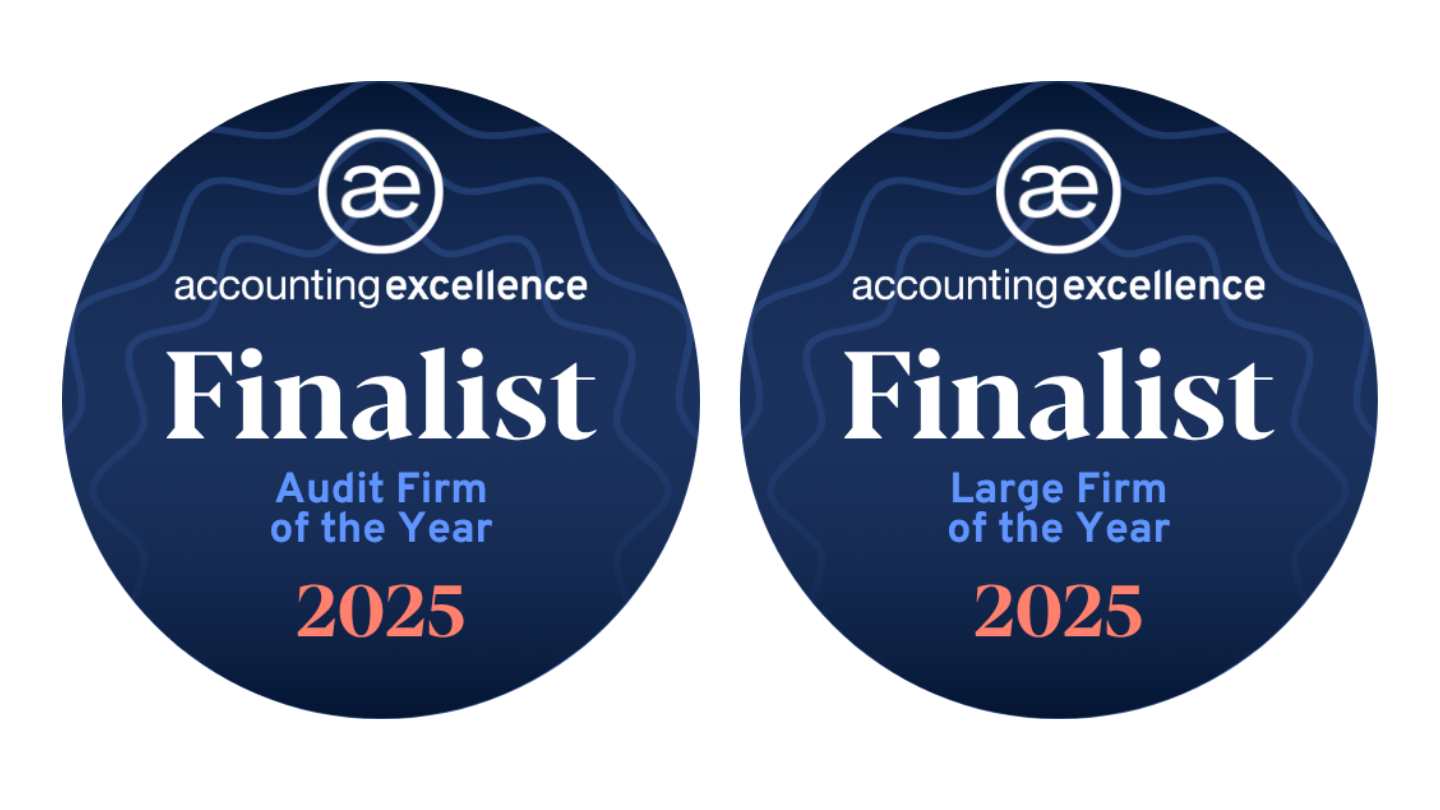What are the changes to FRS102? Why do the changes to FRS102 matter to your business?
- Lease Accounting (Section 20)
Under the changes to FRS102, the traditional distinction between operating leases and finance leases for lessees is eliminated. Instead, most leases must now be recognised on the balance sheet. This means businesses will need to record:
- A right-of-use (ROU) asset
- A corresponding lease liability, representing the present value of future lease payments
Exemptions are available for:
- Short-term leases (12 months or less)
- Leases of low-value assets (e.g., laptops, office furniture)
This change will significantly impact financial metrics such as EBITDA, net debt, and covenant calculations. Lease expenses will now be split into depreciation and interest, rather than being treated as a simple rent expense. This shift affects not only reporting but also tax planning, bonus structures, and performance metrics.
- Revenue recognition (Section 23)
The amendments introduce a five-step model for revenue recognition, replacing the previous, less prescriptive approach. This model mirrors IFRS 15 and requires businesses to:
- Identify the contract with a customer
- Identify performance obligations within the contract
- Determine the transaction price
- Allocate the price to each performance obligation
- Recognise revenue as each obligation is satisfied
This change is particularly impactful for service-based businesses, those offering bundled products, or long-term contracts. Revenue may now be recognised at different stages than before, potentially affecting reported earnings, KPIs, and tax liabilities.
Changes to FRS102 – why they matter
These changes are not just technical accounting updates—they have real operational implications to businesses.
Businesses will need to:
- Identify all leases across departments, including informal or embedded arrangements
- Review customer contracts to understand performance obligations and pricing structures
- Update systems to handle new calculations and disclosures
- Train teams on the new requirements and judgments involved
- Assess internal controls to ensure compliance and accuracy
If your business is still using spreadsheets or legacy systems to manage leases and revenue, now is the time to upgrade. The new FRS 102 requirements demand greater transparency, consistency, and control.
Changes to FRS102 – what should you do now?
- Start Planning Early
Don’t wait until 2026. Begin your transition planning now to avoid last-minute surprises. Early adoption is permitted, and doing so may help smooth the transition and reduce disruption.
- Review Your Documentation
Go through lease agreements, customer contracts, and supplier arrangements. Ensure they contain the necessary detail to support the new accounting treatments.
- Assess Your Systems
Can your current accounting software handle the new lease and revenue models? If not, consider investing in updated tools or implementation support.
- Engage Your Teams
This isn’t just a finance issue. Procurement, sales, legal, and operations teams all play a role in managing contracts and leases. Make sure they understand the changes and their responsibilities.
- Update your controls and processes
New recognition and measurement rules mean new risks. Strengthen your internal controls to ensure accuracy, compliance, and audit readiness.
Changes to FRS102 – final thoughts
The 2026 amendments to FRS 102 are a major shift in UK financial reporting. They bring UK GAAP closer to international standards, improving comparability and transparency—but they also introduce complexity and require significant preparation.
Business owners and finance leaders must act now. Review your leases, contracts, systems, and processes. Train your teams. Strengthen your controls. The sooner you start, the smoother your transition will be. You can read more about these changes on the FRC website here.
Changes to FRS102. Is your business ready?
If you would like to discuss the changes to FRS 102 and the impact that these changes might have on your business, contact us today, a member of our team is waiting to take your call. You can contact us on 020 7870 9050 or email us at hello@rpgcc.co.uk and a member of our team will get straight back to you.




